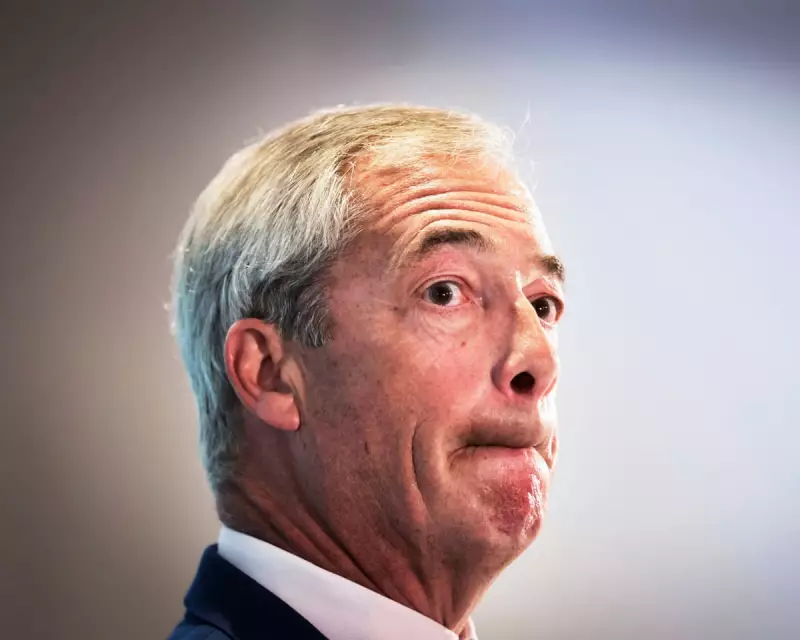
Prime Minister Keir Starmer has publicly challenged Reform UK leader Nigel Farage to issue apologies to former schoolmates who allege he subjected them to racial abuse during their time at Dulwich College.
Shifting Explanations Under Scrutiny
The confrontation emerged during Prime Minister's Questions, where Starmer described Farage's evolving responses to the allegations as 'unconvincing to say the least'. The political firestorm ignited after The Guardian published testimony from Peter Ettedgui, an Emmy- and Bafta-winning director, who recounted specific incidents from their schooldays.
Ettedgui claimed that a 13-year-old Farage would 'sidle up to me and growl: 'Hitler was right' or 'gas them'', sometimes accompanying the latter with a hissing sound to simulate gas chambers. Starmer emphasised the profound impact such behaviour would have had, stating: 'I have no doubt that if a young Jewish student was hissed at to mimic the sound of a gas chamber, they would find it upsetting. He may want to forget that. They won't.'
Farage's Changing Denials
Farage's defence has shifted significantly within days. Initially, in a Monday night broadcast interview, he denied any 'intent' to cause racial or religious hurt. This qualification drew particular criticism. By Tuesday, his position hardened further. He issued a statement saying, 'I can tell you categorically that I did not say the things that have been published in the Guardian aged 13, nearly 50 years ago'.
Speaking to GB News, Farage directly refuted the account, stating, 'I absolutely deny the charges that are made by this one individual.' However, the allegations are supported by multiple sources. Seven people have come forward stating they recall the targeted abuse towards Ettedgui.
Victim's Response and Corroborating Evidence
In a powerful rebuttal to Farage's denials, Peter Ettedgui wrote in The Guardian that the abuse was indeed direct and intentional. 'Farage suggests that he has never 'directly' abused anyone, or at least he did not do so with any intention to hurt,' Ettedgui stated. 'Well, he did directly target me and I can tell you that it did hurt.'
He questioned the rationale behind the denial, asking how Farage thought such comments would make their targets feel. Ettedgui also highlighted that the newspaper had spoken to approximately 20 people who either witnessed or experienced racist behaviour, with several corroborating his specific account.
The controversy places significant pressure on the Reform UK leader, forcing him to address deeply serious allegations about his past conduct as he seeks to influence British politics.





